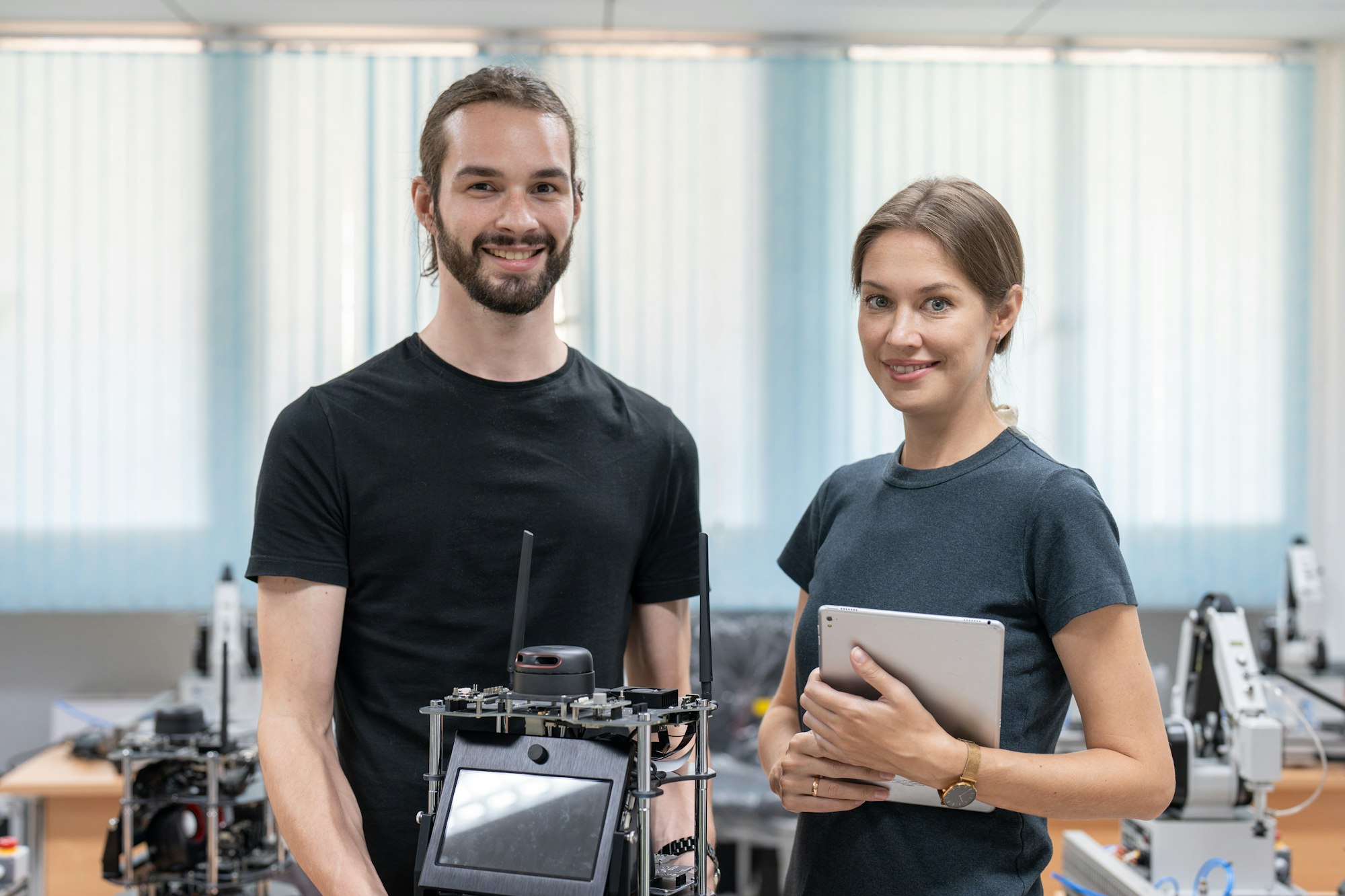Quick Intro
So, AI (Artificial Intelligence) is all the rage now, changing the game in just about every field you can think of. But here’s the catch: for AI to be useful, it needs to work right and not go haywire. There’s this startup that’s become pretty famous for figuring out if AI models are up to snuff. They’ve got some slick methods for testing AI, making sure it’s reliable, and setting the stage for future tech. Let’s dive into how they’re doing it.

Why Testing AI Models is a Big Deal
Think of AI models like the brain behind apps that predict stuff, automate tasks, or help make big decisions in areas like finance, health, and cars. But if these AI brains start messing up, things can get real bad, real fast. So, before letting an AI model take the wheel, it’s crucial to test it thoroughly to ensure it’s not going to crash and burn.
How This Startup Tests AI Like a Boss
This startup isn’t playing around. They’ve mixed old-school and new-school techniques to create a super thorough way of testing AI models.
Secret Sauce Algorithms
First up, they’ve cooked up some secret algorithms that push AI models harder than usual. These algorithms throw all sorts of curveballs at the AI to see how it reacts, making sure it can handle weird or unexpected situations without freaking out.
Keeping the Data Clean
Garbage in, garbage out, right? The startup makes sure the data used in testing is as clean and relevant as possible. This helps in making sure the test results are legit and not skewed by messy data.
Non-Stop Testing and Tweaking
Ever heard of CI/CD? It stands for Continuous Integration/Continuous Deployment. This fancy tech practice lets them keep testing and improving AI models on the fly. As soon as new data or a new challenge pops up, they’re on it, making tweaks to keep the AI sharp and ready.
Raising the Bar for AI
Thanks to this startup, the standard for what makes an AI model reliable is shooting through the roof. They’re basically writing the rulebook on how to test AI properly, making it safer and more dependable for everyone.
What’s Next?
AI isn’t slowing down, and neither is this startup. As AI gets more complex, the ways to test it need to level up too. The startup is all over it, working on methods that can keep up with the rapid pace of AI evolution.
Wrap-Up
In simple terms, this startup’s approach to testing AI is super thorough and innovative, ensuring AI models are ready for the real world. By putting AI through the wringer and continuously improving it, they’re making sure the future of AI is both exciting and safe for everyone.

Frequently Asked Questions (FAQ)
1. What is AI model validation and why is it important?
AI model validation is the process of testing AI models to ensure they perform accurately and reliably in real-world conditions. This step is critical because it confirms the model’s ability to make correct predictions or decisions based on the data it processes. Proper validation helps prevent errors that could lead to inefficient processes or unsafe outcomes in applications like healthcare diagnostics or autonomous driving.
2. What are proprietary algorithms and how do they improve AI testing?
Proprietary algorithms developed by this startup are specialized methods used to test AI models more rigorously than standard tests. These algorithms challenge the models with complex, unexpected scenarios to ensure the AI can handle a wide range of situations. By simulating difficult conditions and anomalies, these algorithms help improve the resilience and adaptability of AI systems.
3. How does Continuous Integration/Continuous Deployment (CI/CD) enhance AI model reliability?
Continuous Integration/Continuous Deployment (CI/CD) practices involve the ongoing testing and updating of AI models as new data becomes available or when changes are made to the system. This approach allows for immediate feedback and rapid adjustments, which helps maintain the accuracy and performance of AI models over time. CI/CD ensures that AI systems are always optimized and ready for deployment, minimizing the risk of failures or performance issues.
4. What role does data integrity play in AI testing?
Data integrity in AI testing refers to ensuring that the data used for testing models is accurate, complete, and free from corruption. High-quality data is crucial for valid test results because even the best AI models can produce poor outcomes if the input data is flawed. The startup uses advanced protocols to verify data integrity, which helps produce reliable and unbiased testing outcomes.
5. What future advancements are anticipated in the field of AI model testing?
The field of AI model testing is expected to evolve rapidly with advancements in AI technologies. Future developments may include the creation of more sophisticated testing algorithms that can predict AI behaviors more accurately and comprehensive simulation environments that replicate real-world complexities more closely. Additionally, as AI systems become more complex, there will be a greater emphasis on using AI to test AI, leveraging new AI models to automatically evaluate and improve existing systems.
Sources Bloomberg


